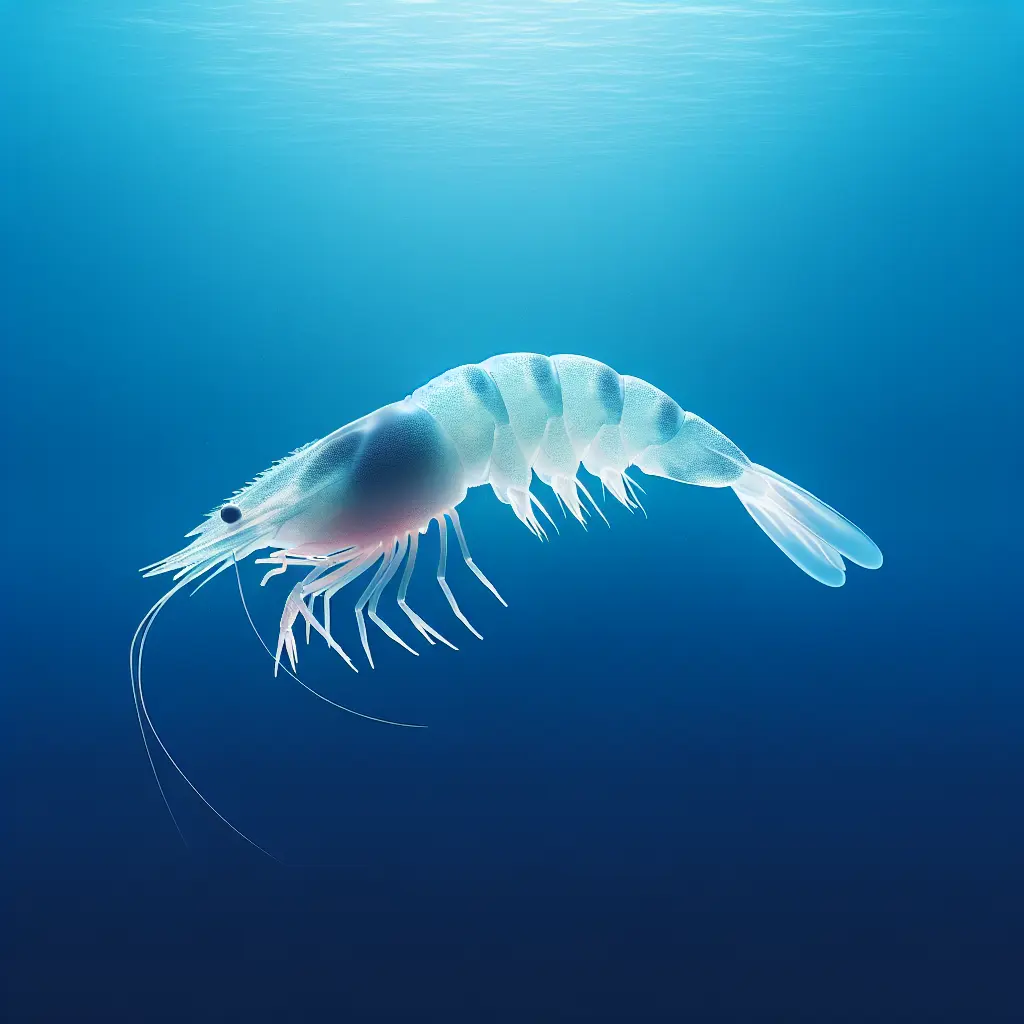Shrimp: A Nutritious and Sustainable Seafood Delight
Shrimp, belonging to the crustacean family, is a widely cherished seafood delicacy renowned for its delectable taste and impressive nutritional profile. As a lean protein source, shrimp is low in calories and brimming with essential nutrients, making it an ideal choice for health-conscious individuals.
Nutritional Powerhouse
Each succulent serving of shrimp boasts an array of essential nutrients. It is a rich source of protein, providing approximately 1.1 grams per shrimp. This high-quality protein contributes to muscle growth and repair, supporting overall strength and vitality. Additionally, shrimp is a good source of several vitamins and minerals, including vitamin B12, selenium, and iodine. Vitamin B12 is crucial for red blood cell production and neurological function, while selenium and iodine are vital for thyroid health and cognitive development, respectively.
Health Benefits of Shrimp
Incorporating shrimp into a balanced diet offers numerous health benefits:
- Supports Heart Health: Shrimp contains omega-3 fatty acids, which have been shown to reduce the risk of heart disease by lowering blood pressure and improving cholesterol levels.
- Promotes Brain Function: The choline present in shrimp is essential for cognitive health and memory function.
- Boosts Immunity: Shrimp is a good source of zinc, a mineral that plays a vital role in immune function and wound healing.
- Prevents Anemia: The high iron content in shrimp helps prevent iron deficiency anemia, a condition characterized by fatigue and weakness.
Versatility in the Kitchen
Shrimp's culinary versatility complements its nutritional value. It can be effortlessly incorporated into a wide range of cuisines, from classic shrimp cocktails to aromatic curries and flavorful stir-fries. Whether grilled, steamed, fried, or baked, shrimp retains its delicate texture and absorbs flavors exceptionally well.
Sustainability Considerations
When selecting shrimp, opting for sustainably sourced options is crucial for preserving marine ecosystems. Look for shrimp that is certified by reputable organizations such as the Marine Stewardship Council (MSC) or the Aquaculture Stewardship Council (ASC). These certifications ensure that shrimp is harvested using responsible methods that minimize environmental impact.
In conclusion, shrimp is an exceptional seafood choice that combines nutritional richness with culinary versatility. Its high protein content, essential vitamins, and minerals support overall well-being, making it an ideal addition to a balanced diet. By incorporating sustainable shrimp into culinary creations, individuals can enjoy the delectable taste of this seafood delicacy while contributing to the preservation of marine environments.
How many calories are in Shrimp?
Each 1 shrimp of Shrimp contains 6 calories.
Shrimp Nutritional Information
| Nutrient | Amount per 1 shrimp (5g) |
|---|---|
| Calories | 6 Calories |
| Protein | 1.1g |
| Fat | 0.1g |
| Saturated Fat | 0g |
| Cholesterol | 0.011mg |
| Carbohydrates | 0.1g |
| Dietary Fiber | 0g |
| Sugar | 0g |
| Sodium | 0.047mg |
| Potassium | 0.0085mg |
| Calcium | 0.0046mg |
| Iron | 0mg |
